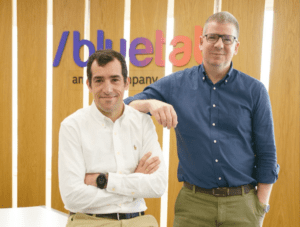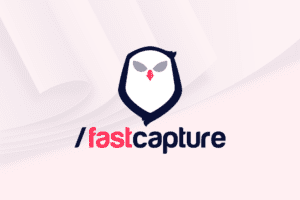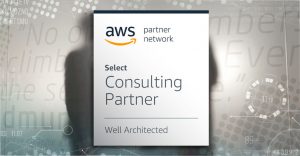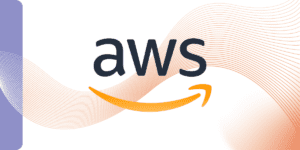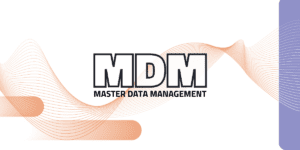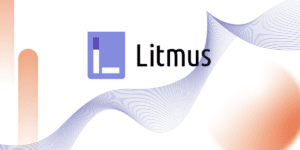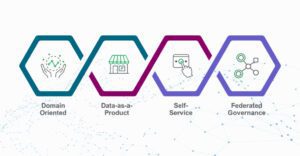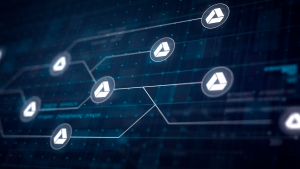INCREASING THE CAPABILITIES OF ARTIFICIAL INTELLIGENCE USAGE WITHIN THE ORGANIZATION
In all industries, we have seen how DevOps and DataOps have been widely adopted as methodologies to improve the quality and reduce time-to-market for software engineering and data engineering initiatives, respectively. However, the debate on MLOps often focuses exclusively on tools, overlooking a critical aspect of the success of Machine Learning (ML) investment – enabling individuals to achieve their goals. This implies designing the appropriate structure for your organization.
Furthermore, it is essential to consider the unique aspects of machine learning, and how the general principles of software development may not always be applicable to these projects.
- Why does Bluetab believe this is important?
In this paper, we explain why it is important to increase the capabilities of artificial intelligence usage in organizations.
SOLUCIONES, SOMOS EXPERTOS
Te puede interesar


